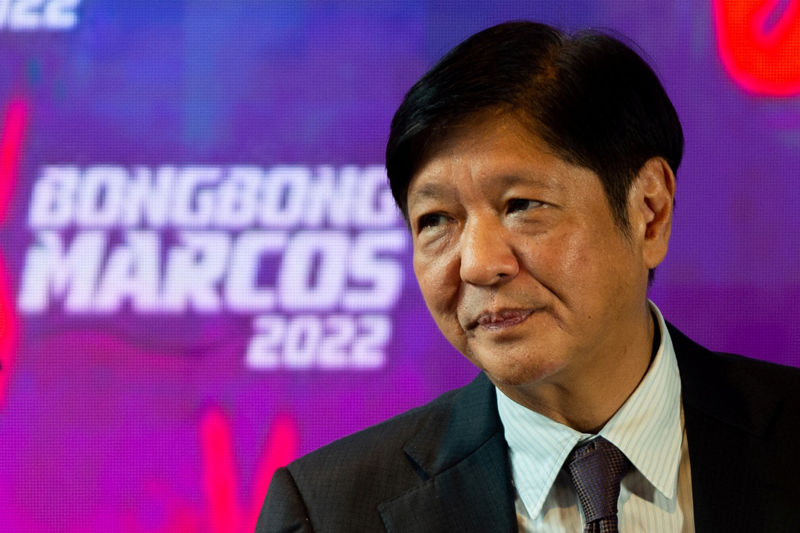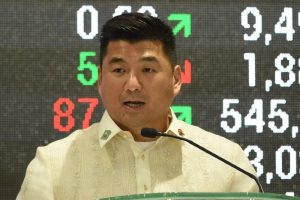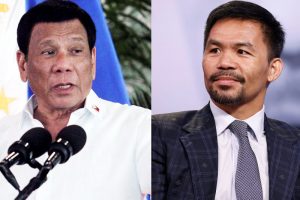Philippine president-elect Ferdinand “Bongbong” Marcos Jr has appointed central bank governor Benjamin Diokno as the country’s new finance secretary after saying the economy would be his first priority.
Felipe Medalla, a member of the central bank’s monetary board, will become the new Bangko Sentral ng Pilipinas governor.
The appointments came after Philippine lawmakers declared Marcos, the son and namesake of a late dictator, would be the country’s next president. The legislature confirmed his victory in the May 9 election.
“Both these appointments suggest policy continuity, and given the pair’s experience, will likely be perceived positively by the markets,” Shreya Sodhani, research analyst at Barclays in Singapore, said.
Marcos will be sworn into office on June 30, replacing President Rodrigo Duterte, for a single, six-year term.
Earlier, Arsenio Balisacan, chief of the anti-trust agency, said he had decided to accept an offer to be economic planning minister.
The announcements were made soon after the outgoing government revised its 2022 gross domestic product growth (GDP) target to 7.0%-8.0% from the previous range of 7.0%-9.0% to take into account external risks.
Lower Budget Deficit Target
Finance officials also slightly lowered the budget deficit target to 7.6% of GDP from 7.7%, among revisions that it said took into account the impact of Russia-Ukraine conflict, China’s slowdown, and monetary policy normalisation in the US.
The government, however, kept the GDP growth target at the 6.0%-7.0% range for 2023 and 2024, as it expects the domestic economy to sustain its strong recovery in the medium term.
GDP would grow at the same pace in 2025, the economic managers on the Development Budget Coordination Committee said.
It also maintained the target budget deficits at 6.1% of GDP for 2023, 5.1% for 2024 and 4.1% for 2025, as it seeks to reduce the gap to pre-pandemic levels.
The narrower GDP growth target for this year comes after the domestic economy grew a better than expected 8.3% in the first quarter from a year earlier.
“As we transition to a new administration, we are confident that the country will not see an end to the enactment of more game-changing reforms,” the DBCC said.
- Reuters, with additional editing by George Russell
READ MORE:
Mystery as Philippine Tycoon Sets Post-Election Divestment
Japan, Philippines Agree to Bolster Defence Cooperation
Indonesia’s GoTo Sells Stake in Philippines E-wallet Outfit






















